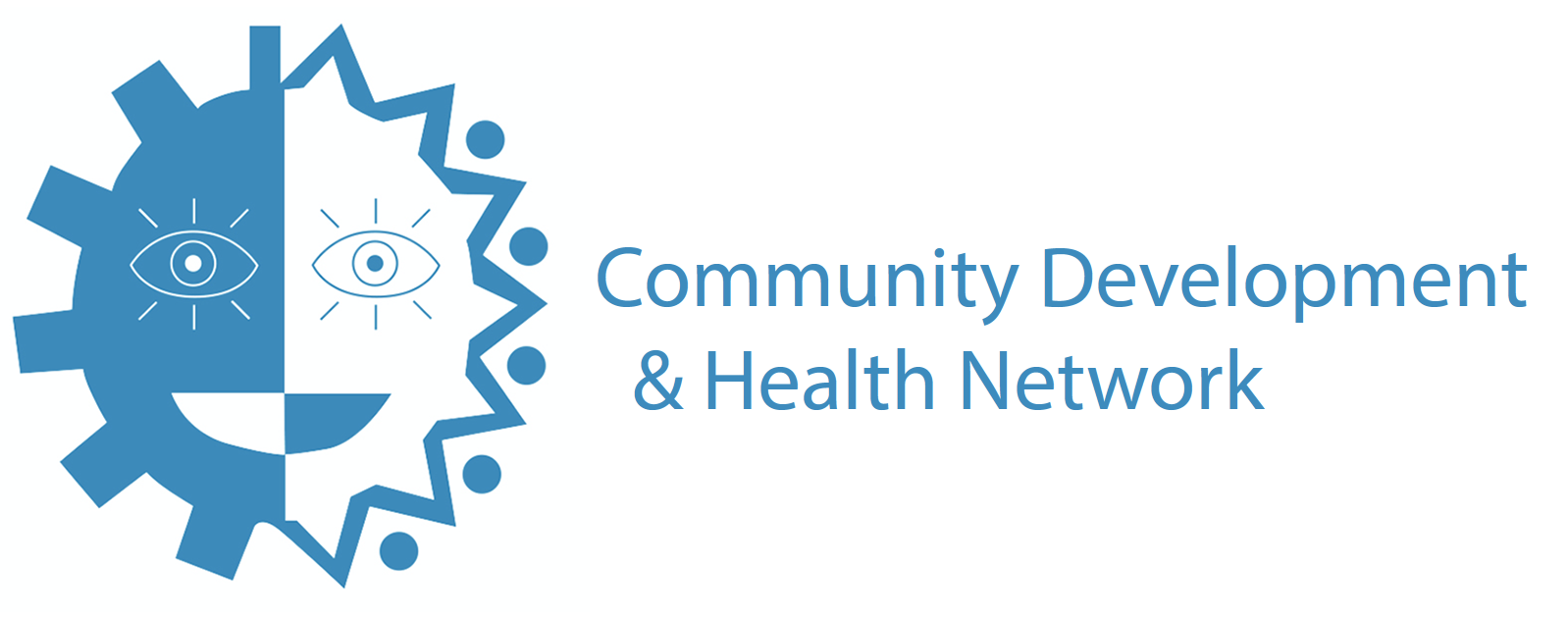Community-pharmacy partnerships reach those most in need and create healthier and stronger communities

On June 6th, Community Development and Health Network (CDHN) celebrated the launch of the Building the Community-Pharmacy Partnership (BCPP) Impact Report in Long Gallery, Stormont. Health Minister, Mike Nesbitt, Chair of the Health Committee, Liz Kimmins, and Chief Pharmaceutical Officer, Professor Cathy Harrison spoke at the event.
Powerful contributions were made by people who participated in the programme. Lorna O’Neill from Causeway, Rural and Urban Network (CRUN), their community pharmacist Evan Reid and participant Frances Dougherty shared their lived experience of BCPP which really brought the programme to life and illustrated the valuable work of CRUN in supporting the health of local people. Sheila Smyth from The Right Key together with pharmacist Cathy Smyth and participant Jordyn Kerr shared personal stories about the impact of the BCPP programme in their work using music to support people recovering from mental health issues and addiction. Dympna Ferran from The Bridge NI recited her wonderful poem, ‘Bones’.
The impact report shows how the regional partnership programme reaches those most in need, creates healthier and stronger communities and improves the lives, health and wellbeing of people across Northern Ireland.
The programme successfully reached people and communities who live with financial stress and experience health inequalities. It delivered over two-thirds of projects in Northern Ireland’s top 40% most deprived areas. Two-fifths of participants have health problems or disabilities that limit their day-to-day activity, demonstrating that the programme reached those most in need. The findings show that the programme’s 621 participants reported improvements in their overall life satisfaction, health and mental wellbeing, and significant increases in their health literacy.
Speaking at the event, Health Minister Mike Nesbitt said
“BCPP supports the co-production vision identified in “Health and Wellbeing 2016: Delivering Together” by helping to foster a community development approach that can assist communities to take responsibility for their health and wellbeing, focusing on using a social model of health to address local need. I welcome the development and publication of this report, which provides tangible evidence of the real impact of the BCPP programme on people’s health and wellbeing.”
Joanne Vance, CDHN Director, said,
“The report is a two-year overview of 51 local BCPP projects between 2021-2023. It demonstrates how government policy can embed community development methods into preventative healthcare interventions, leading to improvements in health and social wellbeing within the communities they serve. CDHN is pleased to be partners in this impactful and innovative initiative.”
Chief Pharmaceutical Officer Cathy Harrison said,
“Since the first pilot project in 2001, BCPP has established over 1000 strong partnerships between local communities and their community pharmacies across Northern Ireland to address locally defined needs. These partnerships have helped local people to make connections, listen to and understand each other better and work together to address the social determinants of health and health inequalities.”
To find out more about the BCPP programme, please contact Helen McNamee 07970917073 or visit www.cdhn.org/bcpp
You can download a copy of the report here
ENDS
Background
Building the Community-Pharmacy Partnership (BCPP) is a regional community development programme funded by the Department of Health (DoH) and developed and delivered by Community Development and Health Network (CDHN).
BCPP’s aim is to reduce health inequalities by focusing on the social determinants of health, in particular social support, community connections and access to healthcare through community pharmacy.
Since 2001, the BCPP programme has invested over £7.5 million and supported over 1080 partnership between community pharmacies and community organisations. The BCPP model has evolved over the last 23 years, building on what works as evidenced through programme evaluations and using the learning from community development, social determinants of health and health inequalities evidence base.
The DOH NI defines Health Inequalities as the unfair and avoidable differences in the health of people in our society. They are the result of imbalances of power, wealth and resources and are produced and shaped by factors such as quality of housing, educational attainment, employment opportunities, physical environment, access to services and level of social connections known as the social determinants.
The WHO Global Commission on the SDOH (CSDH, 2008) identified three areas for critical action in tackling inequalities in health:
-
Improve daily living conditions
-
Tackle the inequitable distribution of power, money, and resources
-
Measure and understand the problem and assess the impact of action












